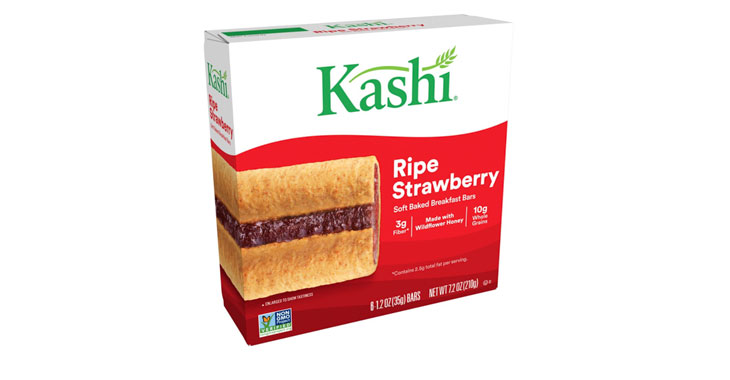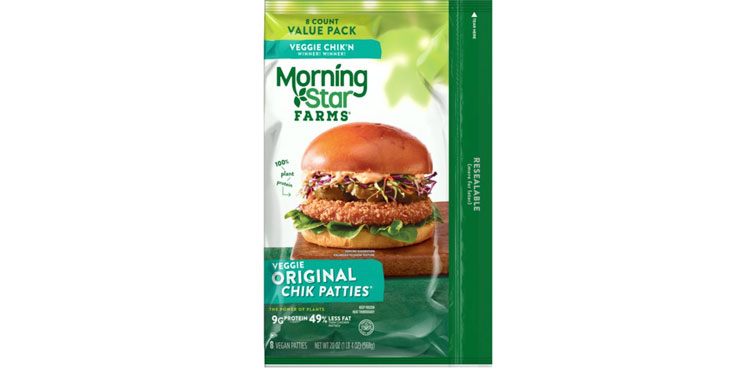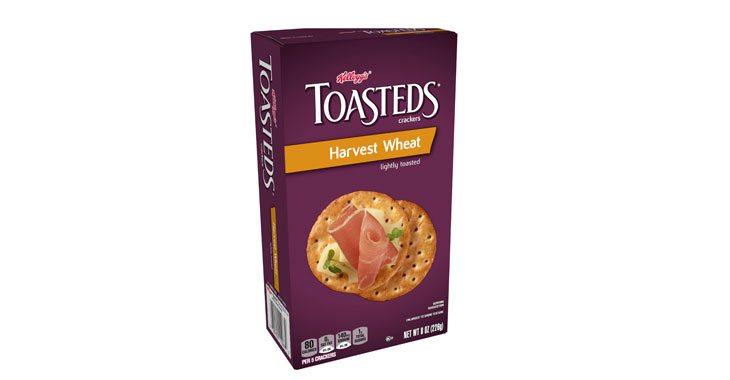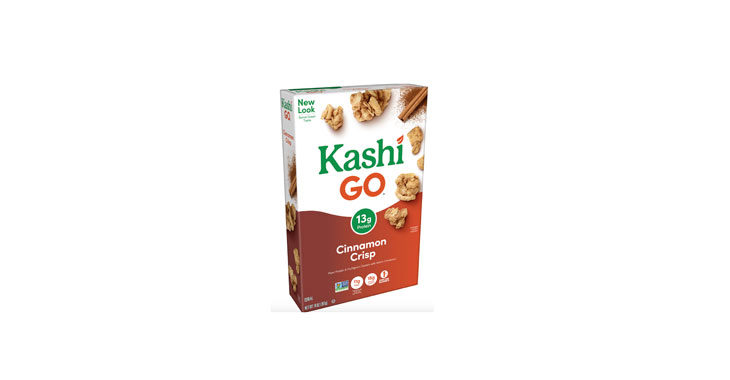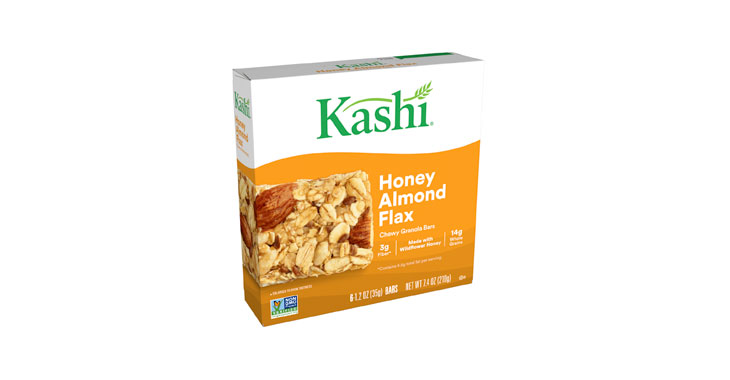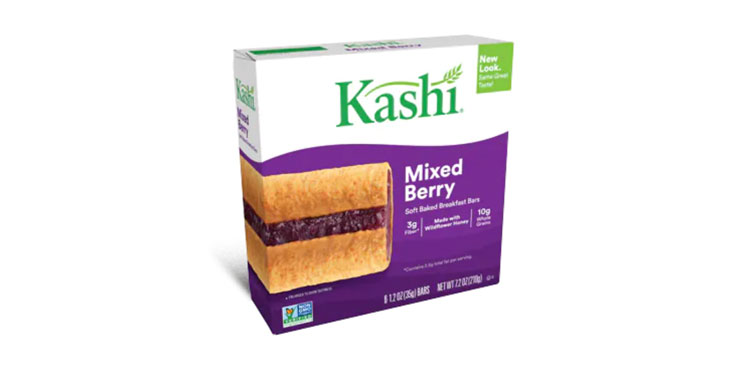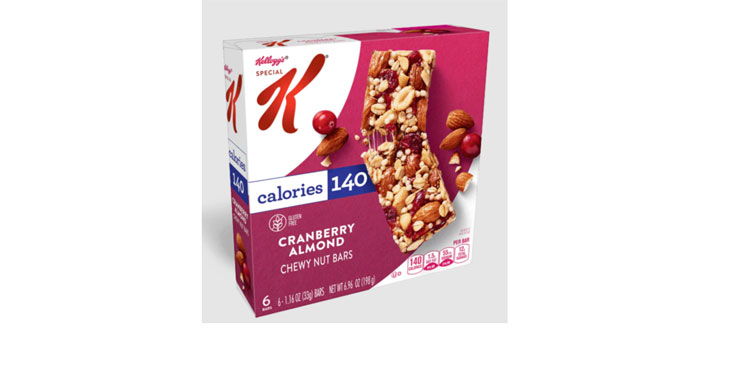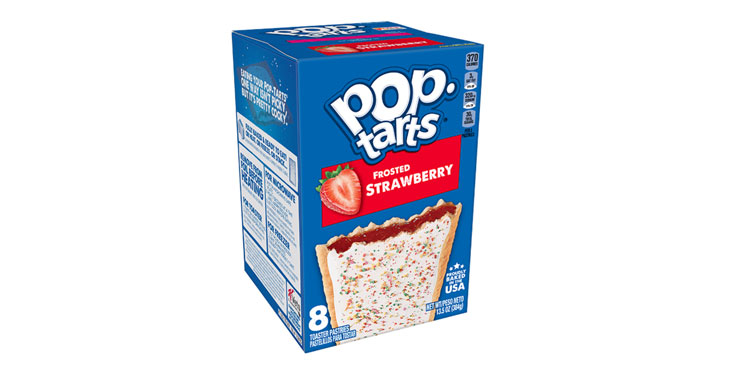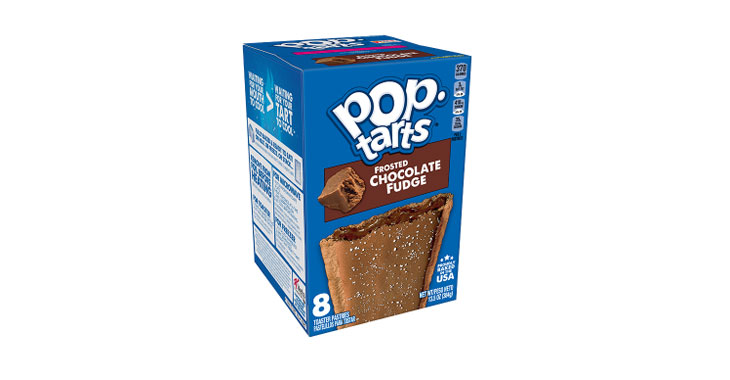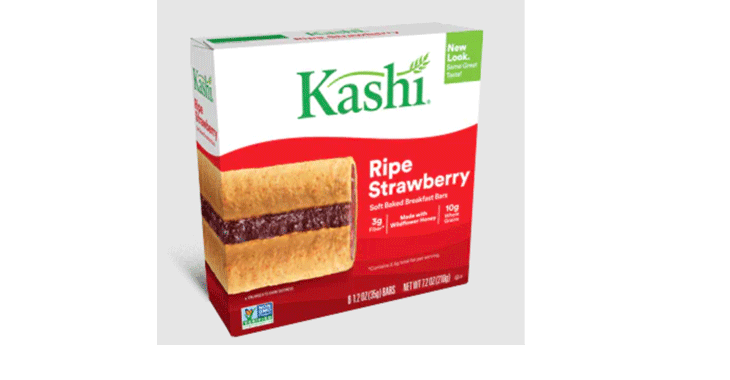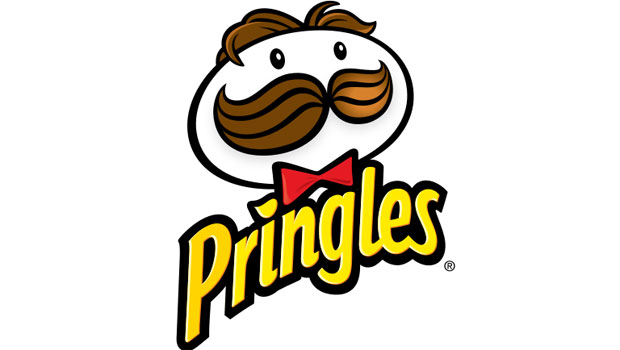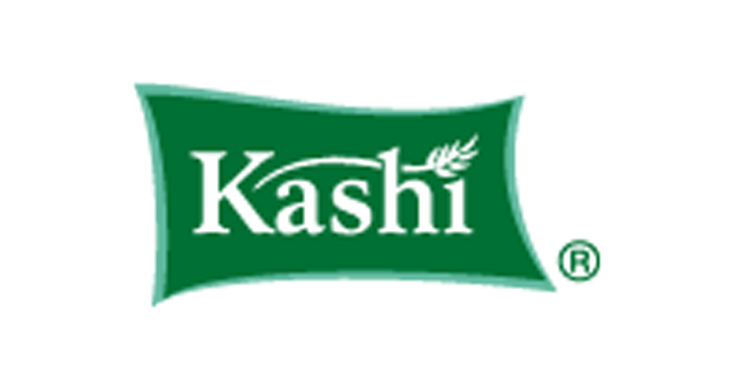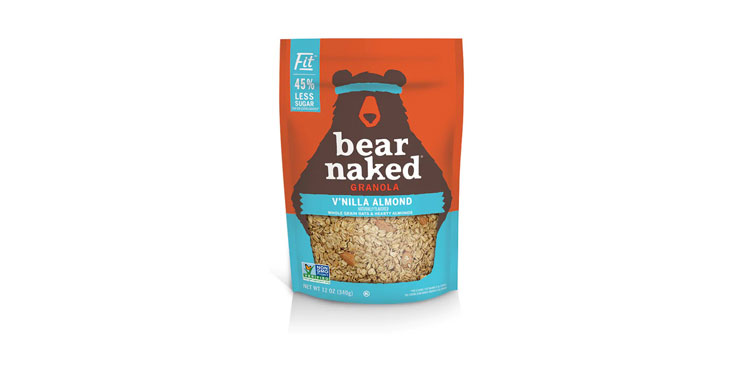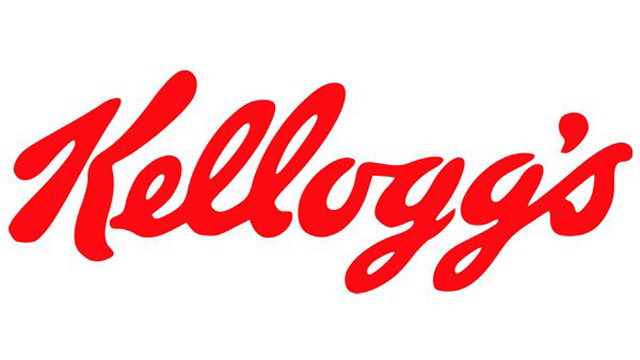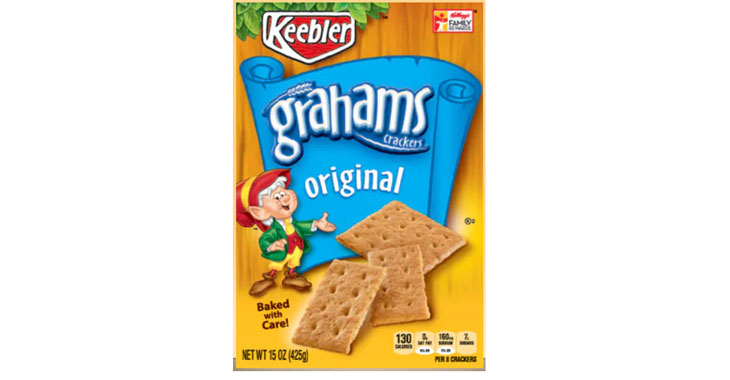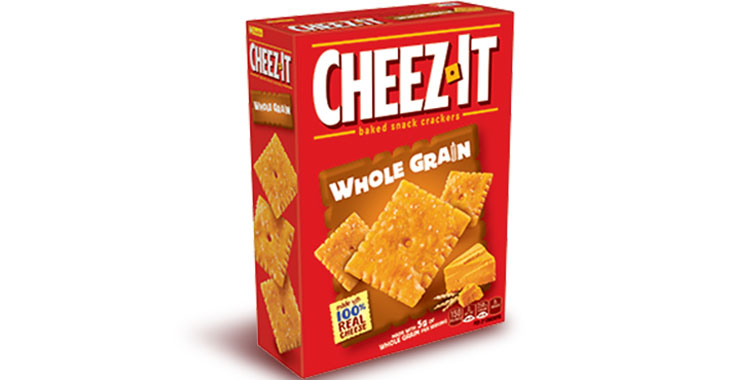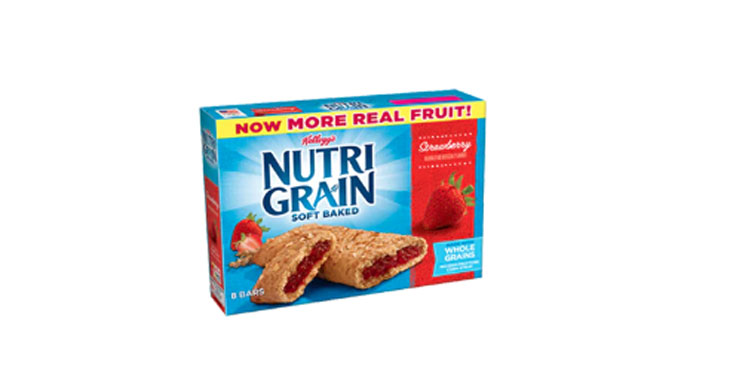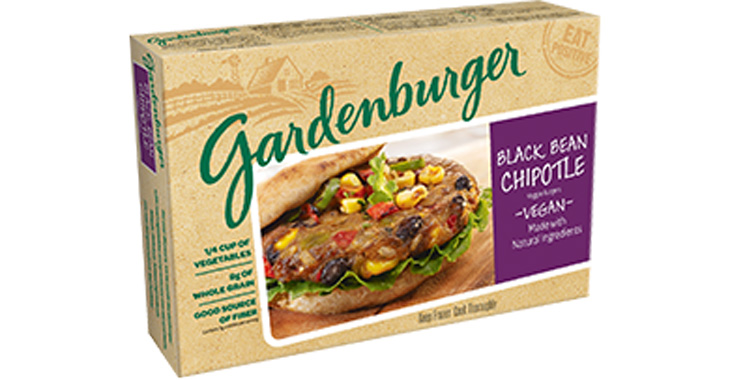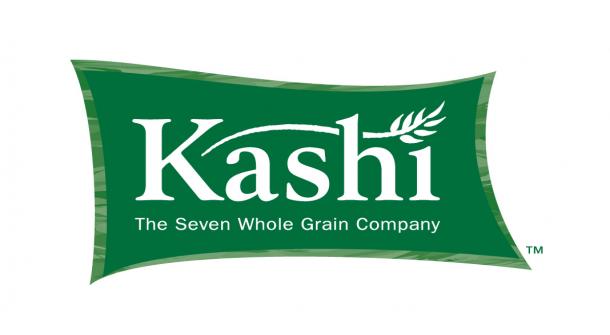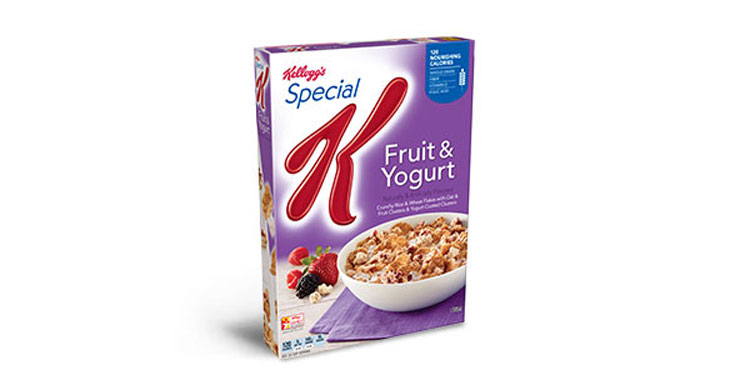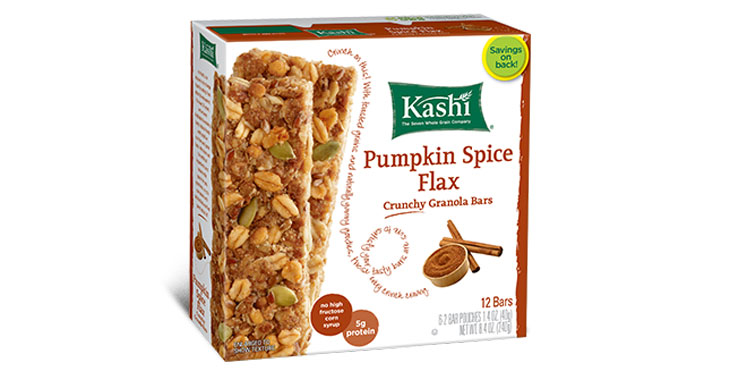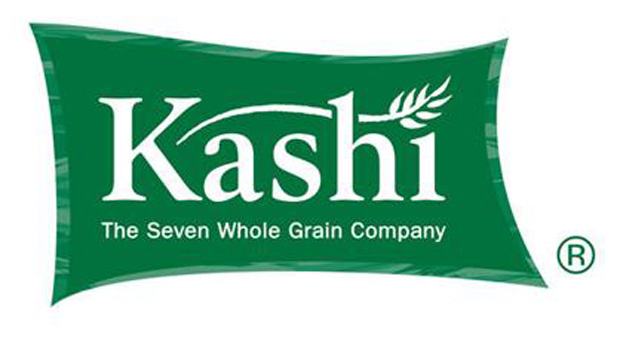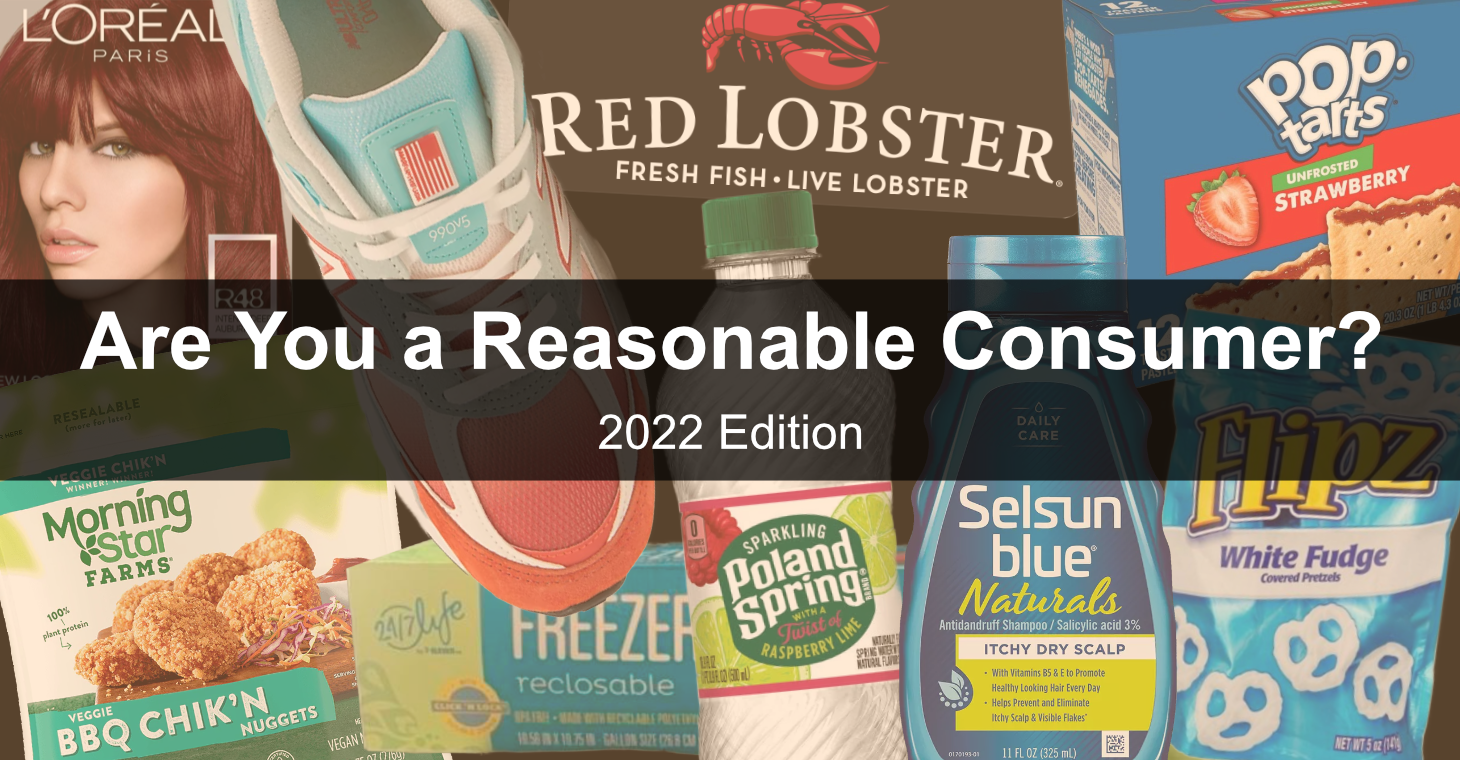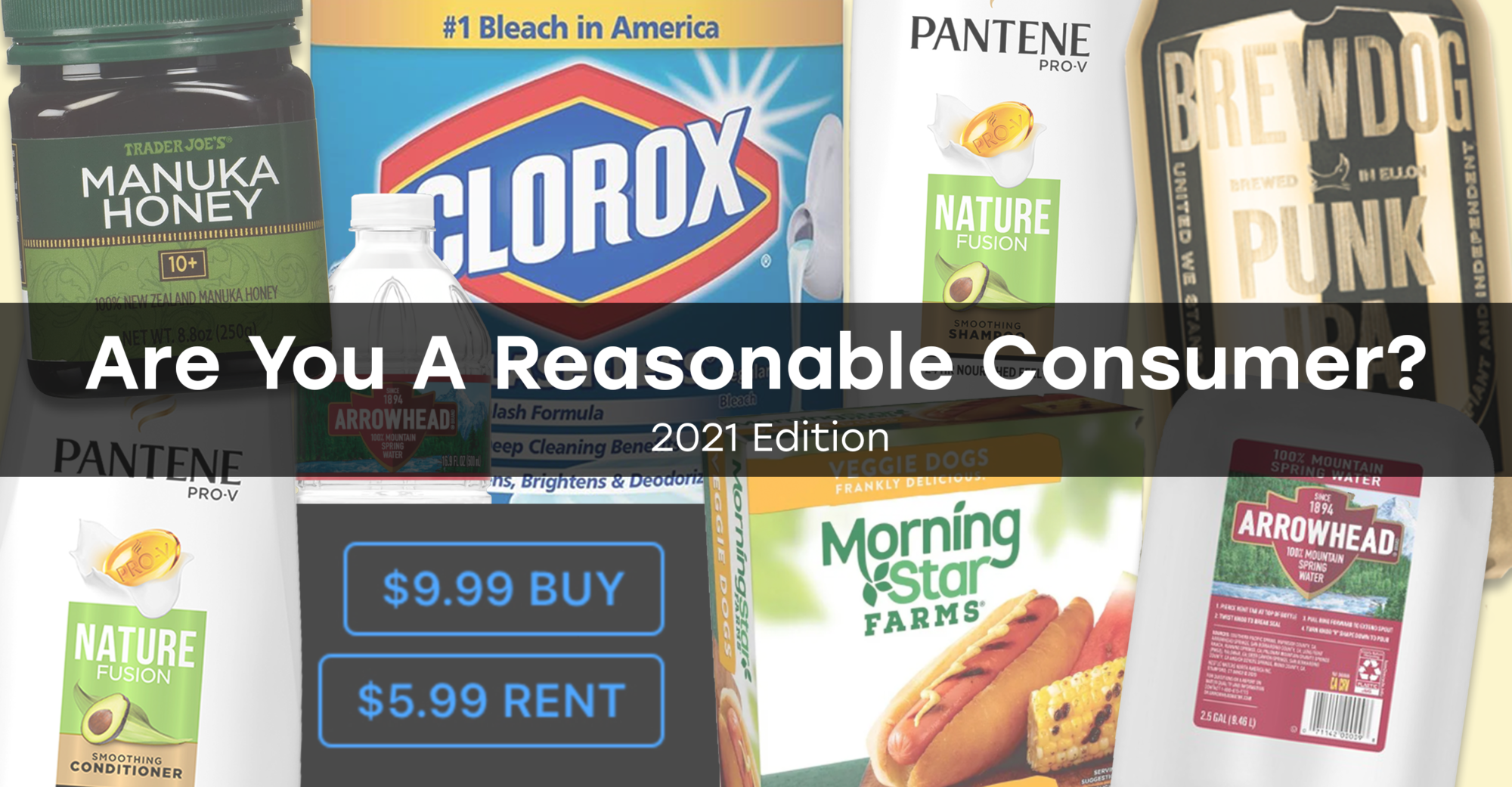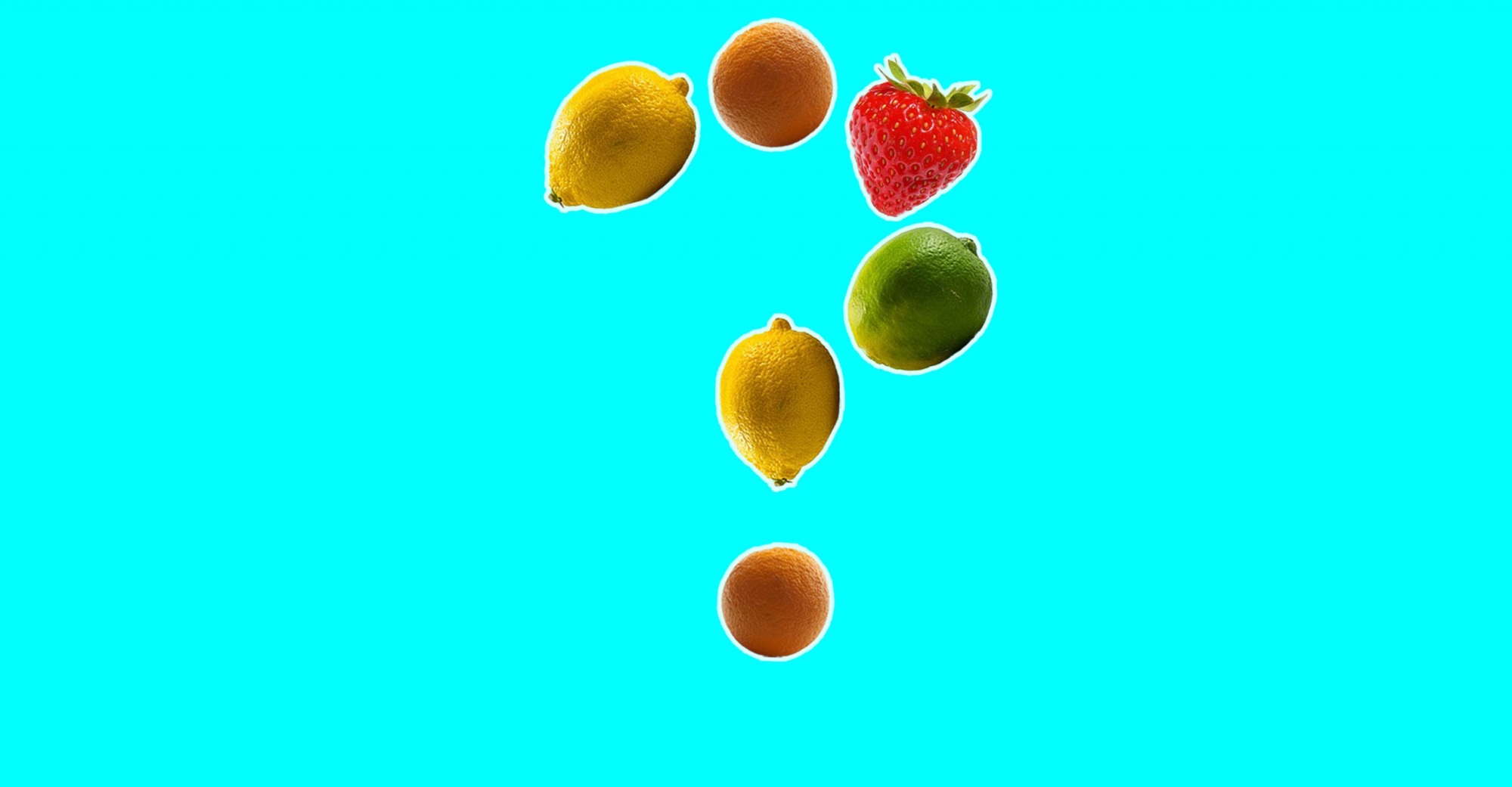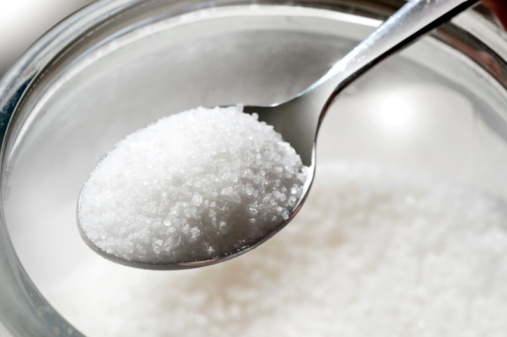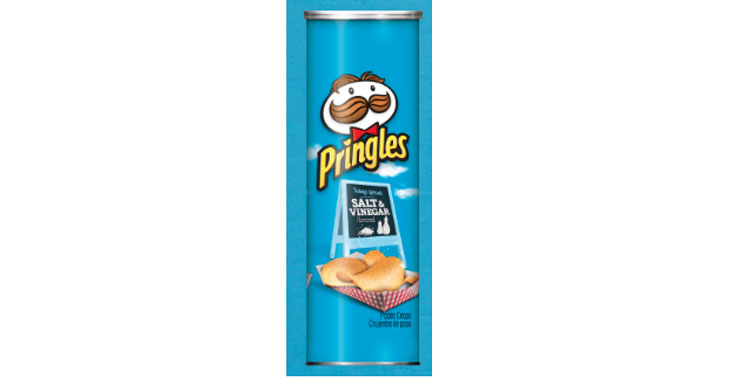
Pringles® Salt and Vinegar Chips
Allegations: Falsely marketing products as containing “No Artificial Flavors”
November 2021: The Court granted final approval of the settlement agreement.
September 2021: Plaintiffs moved for final approval of the settlement agreement.
June 2021: The Court granted preliminary approval of a revised settlement agreement. Go to https://cerealclaims.com/ for more information.
February 2020: The Court denied preliminary approval of the proposed class-action settlement. Click here to read the decision.
2019: Plaintiffs moved for preliminary approval of a proposed settlement agreement that would provide class members with either a cash award or a voucher to use toward future purchases. The amount of each class member’s cash award or voucher depends on the number and type of cereals they purchased. The company also agreed to make certain changes to the marketing of cereals. According to the settlement terms, the company agreed, for a period of two years, to remove “Heart Healthy” representations from boxes of Smart Start and only display “Heart Health” claims on the bottom half of boxes of Raisin Bran. The company also agreed, for a period of three years, to:
if more than ten percent of the calories in one serving of a cereal comes from added sugar.
2016: A false advertising class-action lawsuit was filed against Kellogg alleging that the company deceptively markets its name brand Raisin Bran, Smart Start, Crunchy Nut, and Nutri-Grain products as healthy, nutritious, and wholesome when, according to the complaint, they contain high amounts of sugar and, as a result, increase the risk of chronic diseases, including diabetes, cardiovascular, and obesity. (Plaintiffs filed an amended complaint in 2019.) (Hadley et al v. Kellogg Sales Company, Case No. 16-cv-4955, N.D. Cal.)
For more of TINA.org’s coverage of Kellogg’s, click here.
Allegations: Falsely marketing products as containing “No Artificial Flavors”
Allegations: Misleadingly including strawberries in photographs on the front of cereal boxes when the products don’t contain any strawberries
Allegations: Deceptively using slack-filled packaging
Allegations: Misleadingly marketing the ingredients in bars
Allegations: Falsely marketing products as “veggie”
Allegations: Misleadingly marketing ingredients in crackers
Allegations: Cereals contain less protein than advertised
Allegations: Misleadingly marketing products as “Made With Wildflower Honey” when honey is not the predominant sweetening ingredient
Allegations: Misleadingly marketing the ingredients in breakfast bars
Allegations: Misleadingly marketing bars as “Cranberry Almond”
Allegations: Misleadingly marketing the filling as strawberry when it contains significant amounts of other fruits in addition to strawberries
Allegations: Misleadingly marketing that the product contains fudge when it is missing ingredients essential to fudge and contains ingredients that are not found in fudge
Allegations: Misleadingly marketing that the only fruit ingredient is strawberries
Allegations: Misleadingly marketing the ingredients used in the fruit filling and as the primary sweetener in products
Allegations: Failing to disclose chips contain harmful ingredients and misleadingly marketing chips as containing evaporated cane juice when they actually contain sugar
Allegations: Misleadingly marketing the ingredients that are in the filling of Kashi bars
In November 2020, a class-action lawsuit was filed against Kellogg Company for allegedly misleadingly offering promotions for money off of crayons, snacks at the movies, and movie tickets on boxes…
February 2020: This case was transferred to federal court. (Case No. 20-cv-268, S.D. Cal.) December 2019: A class-action lawsuit was filed against Kellogg Sales Company for allegedly misleadingly marketing that…
October 2019: This case was voluntarily dismissed When a complaint is dismissed without prejudice, an amended version of the complaint can be refiled. and the named plaintiff was added to…
In February 2019, a class-action lawsuit was filed against Kellogg Sales Company for allegedly falsely marketing that the main flour ingredient in original, honey, and cinnamon Graham Crackers and fudge-covered…
December 2018: The Second Circuit Court of Appeals vacated the district court’s dismissal of this case concluding that plaintiffs plausibly alleged that whole grain labels would mislead reasonable consumers. The…
In December 2018, a class-action lawsuit was filed against Kellogg Co. for allegedly misleadingly marketing Kellogg’s Strawberry Nutrigrain Soft Baked Breakfast Bars and Kellogg’s Cracklin’ Oat Bran oat cereal as…
December 2017: A federal judge lifted the stay. January 2016: A federal judge stayed this action awaiting the resolution of three similar actions pending in the Ninth Circuit Court of…
August 2013: Perel was voluntarily dismissed When a complaint is dismissed without prejudice, an amended version of the complaint can be refiled. in order to pursue the claims as part…
September 2015: This action was voluntarily dismissed When a complaint is dismissed without prejudice, an amended version of the complaint can be refiled. as a result of a settlement agreement…
A class-action lawsuit was filed against Kellogg Company for allegedly falsely marketing Kellogg’s® Special K® Fruit & Yogurt Cereal by implying that the cereal is made with strawberries and blackberries…
April 2016: This appeal was voluntarily dismissed When a complaint is dismissed with prejudice, it cannot be refiled.. February 2016: After this settlement was approved, a Notice of Appeal was…
September 2014: A federal judge granted final approval of this class-action settlement. July 2014: A federal judge preliminarily approved the settlement to this class-action lawsuit. The settlement terms are discussed…
See how you stack up.
See how you stack up.
How much of the real fruit pictured on the label actually makes it in these products?
Tallying up added sugars wasn’t easy.
Are FTC settlements just a cost of doing business?

